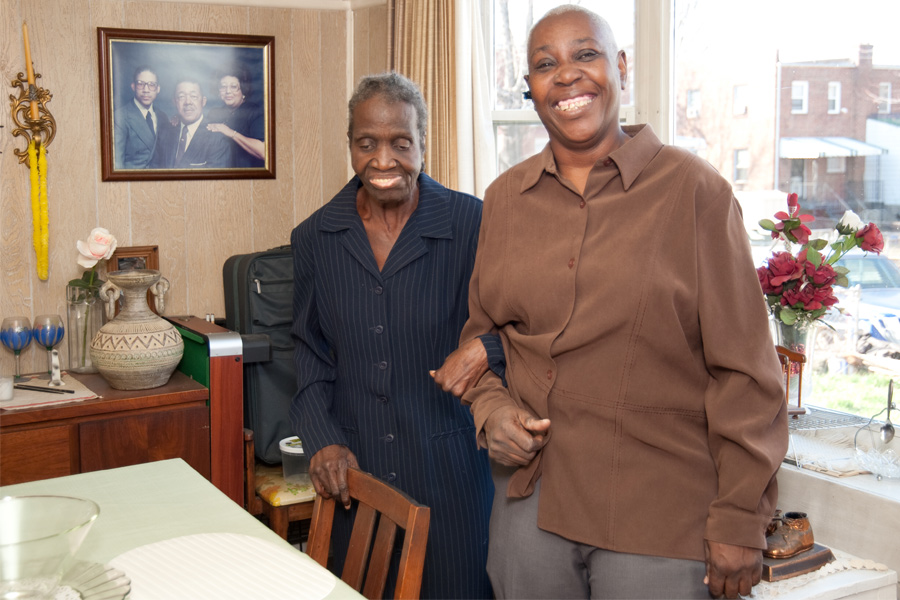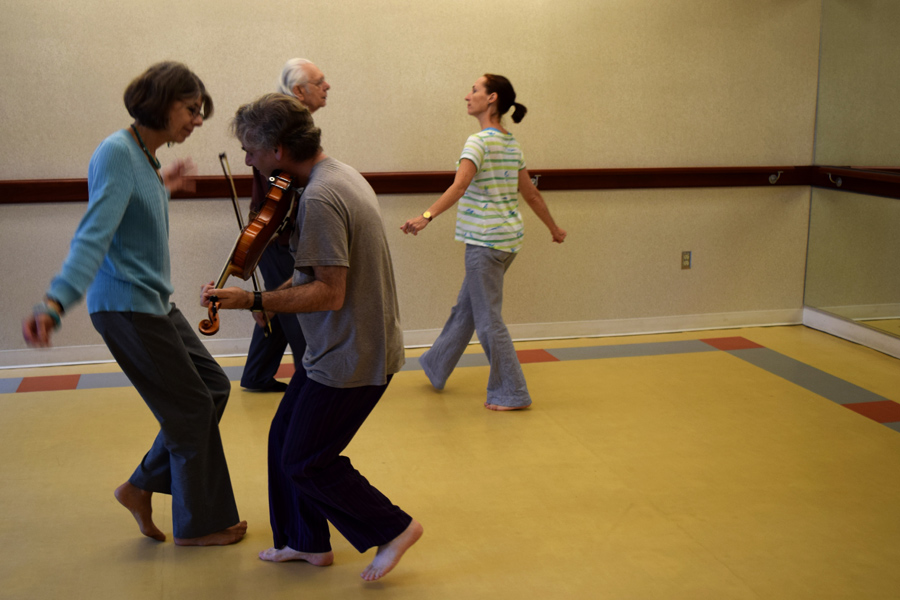From our Community: Creating Value in Healthcare

 One of the most important concepts circulating in healthcare financing and delivery centers is on creating value in healthcare.
One of the most important concepts circulating in healthcare financing and delivery centers is on creating value in healthcare.
If you spend time with persons in the health policy and management world, you will hear phrases including “moving from volume to value,” “value based healthcare,” “value based payment,” and other variations.
In 2010, Michael Porter, Professor at the Harvard Business School, wrote the following in the New England Journal of Medicine:
Achieving high value for patients must become the overarching goal of health care delivery, with value defined as the health outcomes achieved per dollar spent. This goal is what matters for patients and unites the interests of all actors in the system. Value — neither an abstract ideal nor a code word for cost reduction — should define the framework for performance improvement in health care. Rigorous, disciplined measurement and improvement of value is the best way to drive system progress. Yet value in health care remains largely unmeasured and misunderstood.”
– Michael Porter
Before diving in and trying to make the connection between healthcare and value, particularly at an organization like Iona, it is important to take a step back and think about what is meant by value.
What does value mean to you?
In some cases, it might be purchasing a good or service at the lowest possible price. Why do “big box” stores flourish in our local communities? Perhaps for many of us, being able to buy what we need at the lowest possible price in a convenient manner translates to high value.
Think about the rise of online shopping. While prices might be higher than at the neighborhood big box store, you can get the object delivered right to your door. Does online shopping represent value? To finish up our shopping example, you can purchase a pair of shoes at Walmart or Target, order them through Amazon or Zappos, or can buy them at Nordstrom’s or Neiman-Marcus. Which of these three opportunities provides you with the highest value for that pair of shoes? The answer, of course, is that all three alternatives represent value. It just depends on which form of value is most important to you.
Now, let’s use a healthcare example. Imagine that you have body aches, a cough, a fever of 101, and are generally fatigued. What are your options?
One choice is to do nothing other than go to bed, self-medicate, and stay hydrated. Another choice is to call your primary care provider and hope that they can take you today. A third possibility is to head to an urgent-care center and meet with one of their providers. A final option is to head to your local emergency department particularly if the symptoms are severe.
Again, I ask, where do you obtain the greatest value in your quest to rid yourself of these flu-like symptoms? The answer, of course, is that it all depends on a whole variety of factors.
Keep in mind that whether we are talking about shopping for shoes or seeking care for an acute illness, value is in the eye of the beholder. When we talk about creating value in healthcare, we need to ask “value for whom?” Michael Porter is clear that the focus needs to be on patients, but how do we know what each patient values?
If value creation in healthcare depends on meeting the needs of many different patients all with their own set of expectations, how can we possibly achieve this noble goal?
In my brief interactions with Iona, it appears as though the administration and staff have created an organization with the intent of bringing high value health and social services to multiple types of patients, clients, and family members.
The breadth of services that Iona provides including adult day services, care management, multiple forms of health services, fitness programs, arts programs, courses on healthy living, and many more helps provide clients and their families the ability to meet their specific needs in a highly cost effective manner.
Rather than create a “one size fits all” approach to providing services, Iona can tailor programs and services to meet the needs of each client.
From my perspective, this is what value-based healthcare is all about. While Iona does not deliver physician services, physicians cannot provide the types of services in the highly personal and caring manner that Iona makes possible.
Taken in total, Iona provides a benchmark for value-based healthcare that other community organizations would be well advised to emulate.
What does value-based healthcare mean to you? Share your experiences in the comments.
By Dr. Leonard H. Friedman, PhD, MPH, FACHE
Leonard Friedman is a Professor and director of the Master of Health Administration degree programs at the George Washington University. He earned his Ph.D. at the University of Southern California, School of Public Administration where his dissertation examined technology acquisition in hospitals in Southern California. Dr. Friedman’s scholarly work concentrates on the mechanisms of organizational change and strategic decision-making in health service organizations. He was the Chairman of the Health Care Management Division of the Academy of Management in 2003-04 and Chairman of the Association of University Programs in Health Administration in 2005-06. Dr. Friedman is a fellow of the American College of Healthcare Executives and is President of the National Capital Healthcare Executives Chapter of ACHE.
Related Articles

The Stories of Dementia in the District

A Couple’s Vows Create Opportunities to Age Well

Can You Imagine Taking Three Buses to Get to Iona?

